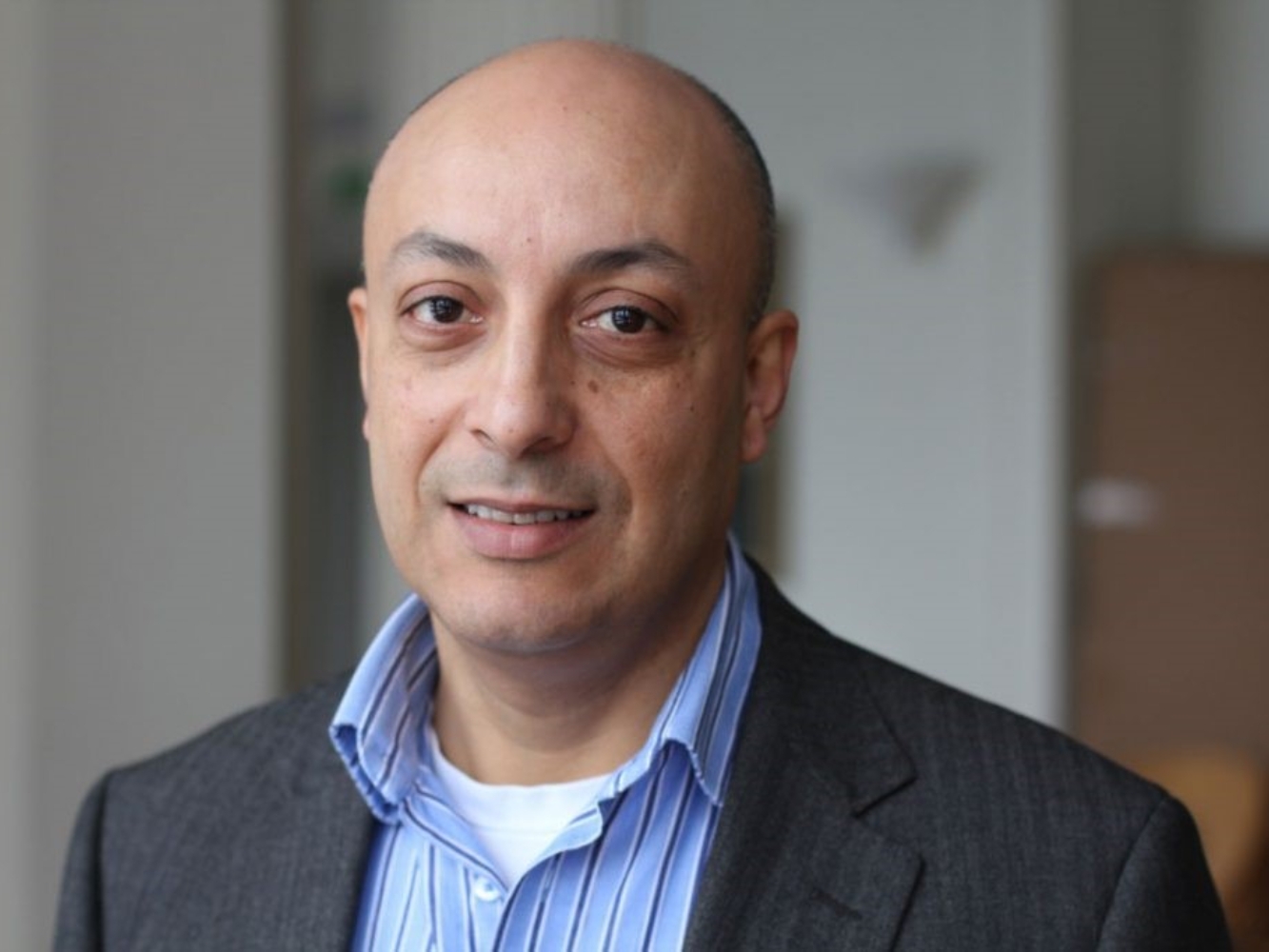Supporting Net Zero through innovations in housing
RGU researchers Professor Gokay Deveci and Dr Amar Bennadji are contributing to environmental sustainability and reducing greenhouse gas emissions through their innovative applied research and knowledge exchange. Gokay is introducing innovations in the housing construction industry and Amar’s work is focused on helping older buildings achieve energy efficiency.
PassivHaus Standards
Gokay’s research was centred around very low energy buildings and helping the mass housing market and existing housing stock to revaluate their technologies and processes. Key to this innovation is achieving the PassivHaus standards – a low energy building standard that relates to thermal comfort.
The low energy practice based research spans over 25 years and Gokay was behind the first ever social housing project in Britain that met the 'Passivhaus' energy standards. Gokay said, “The main aim of our research was to demonstrate that implementing PassivHaus was not only feasible but also beneficial. We were also able to show that it is possible to achieve the full benefits of the standards while still using the Scottish supply chain.”
The team worked with Dandara Homes, one of the largest UK based property development companies, and tested the research by remodelling two houses. Both homes were successfully built and certified to PassiveHaus standards, showing that the design and construction skills needed to create very low energy housing solutions are available in Scotland. Both homes also have new owners and environmental monitoring will start from the next heating session.
Dandara Homes has benefitted significantly through this applied research as they were able to improve their processes, skills, knowledge – all of which will translate to performance improvements, sizeable reductions in greenhouse gas emissions and ultimately lower energy bills for residents while providing thermally comfortable homes.
The research team also uncovered that one of the biggest barriers in developing this style of housing is lack of knowledge and the misconception about the capital costs or efforts involved among volume house builders.
Gokay added, “Studying the reasons for resistance was a significant area of focus for the Research team as volume house builders are collectively responsible for construction of 90% of UK’s new houses.” This is also part of the university’s aim to undertake highly relevant leading-edge research that advances knowledge and provides tangible benefits to the wider economy and society.
Energy efficiency in older buildings
Amar’s team recognised that energy efficiency is a pervasive issue that impacts older buildings due to the nature of the materials used in construction. This can drive up utility bills and also contribute to carbon emissions.
Amar said, “We studied the impact of retrofitting older buildings to improve energy performance and discovered that many of these structures were not originally designed nor constructed to accommodate modern insulation materials.”
This study of older buildings by Amar and his team was completed in collaboration with Kishorn Insulations. It examined the development of new materials, its lifecycle and performance as well as methods by which such materials could be incorporated into older buildings. The research resulted in excellent financial benefits for Kishorn as they saw significant increase in the contracts, rising from 43 in 2015 to over 110% per year in the years 2018 to 2020.
Projects like these demonstrate RGU’s strengths in demand-led research which contribute to economic development by supporting organisations to be more successful. Beyond the economic impact, staff are also contributing to the university’s commitment to support Scottish Government’s net zero ambitions.


